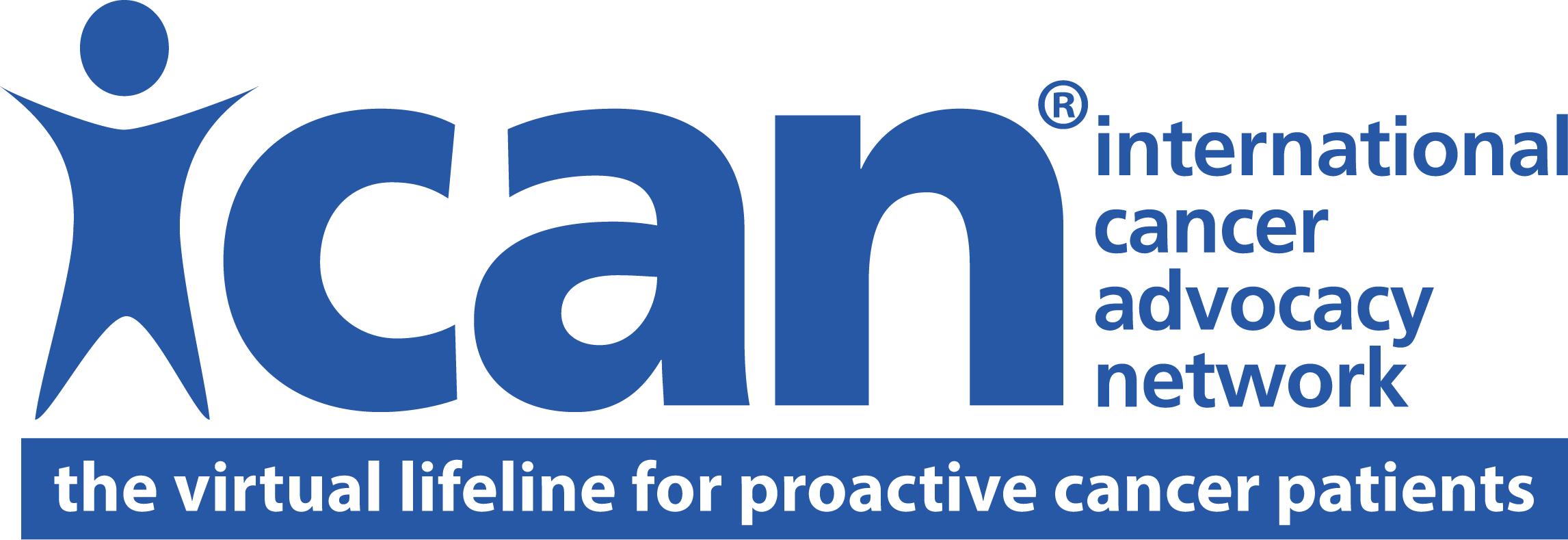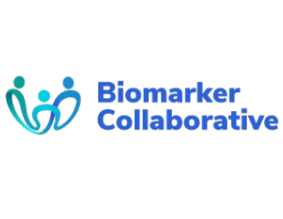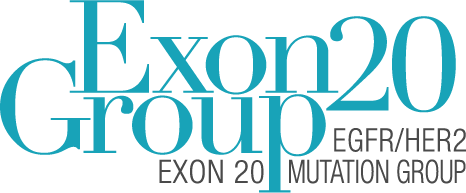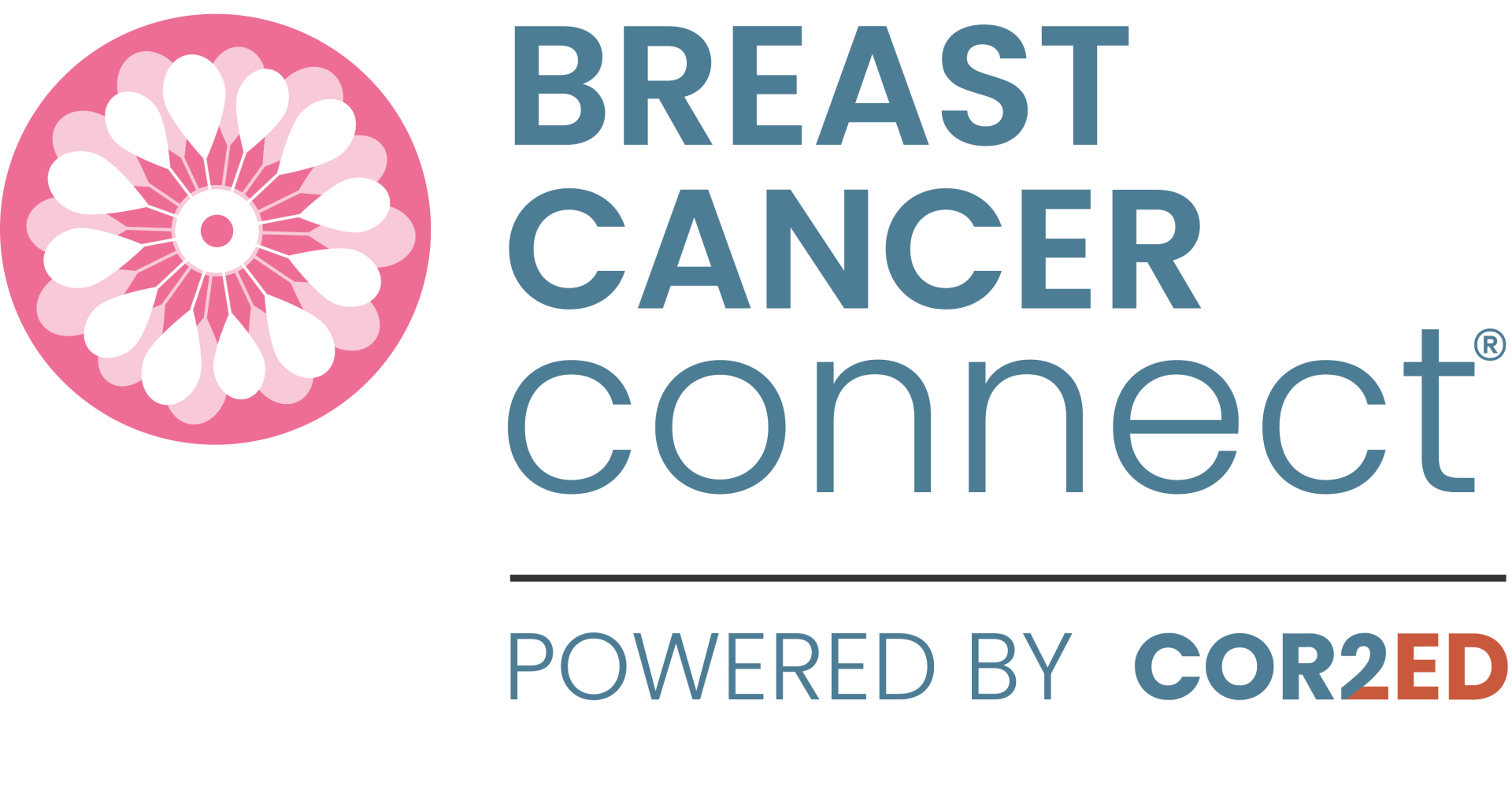Dr Barbara Pistilli discusses the case of Marie T., a patient with pretreated HR+/HER2- (IHC 0) metastatic breast cancer (mBC) who has developed endocrine resistance.
The key question: What are the next therapeutic options for patients like Marie T.?
In this case-based video, we follow Marie T.’s clinical journey—from diagnosis and treatment to managing adverse events (AEs).
In this video, Dr Pistilli explores:
- The mechanism of action of antibody–drug conjugates (ADCs)
- Currently available ADCs for HR+/HER2- mBC
- Strategies for managing ADC-associated AEs
Clinical takeaways
- Endocrine-resistant HR+/HER2− mBC remains a significant unmet need, and ADCs offer a more effective and tolerable later-line alternative to conventional chemotherapy
- Dato-DXd demonstrated a statistically significant and clinically meaningful improvement in PFS versus chemotherapy, with continued benefits across secondary efficacy and PRO endpoints, despite OS not reaching statistical significance—potentially influenced by post-progression ADC use
- Sacituzumab govitecan remains a valuable treatment option for heavily pretreated patients with HR+/HER2− breast cancer, demonstrating clinically meaningful improvements in PFS, OS, and PRO, with a manageable safety profile when supported by appropriate care.
- To support treatment adherence and maintain QoL with ADCs, effective management of AEs is crucial—whether through prophylaxis, supportive medications, interventions, and/or dose modifications.
- In the absence of predictive biomarkers, selection of ADCs for HR+/HER2− (IHC0) mBC should be guided by prior treatments, clinical characteristics, toxicity profiles, and patient preferences.









 Downloadable
Downloadable  20 MIN
20 MIN
 Feb 2026
Feb 2026 






